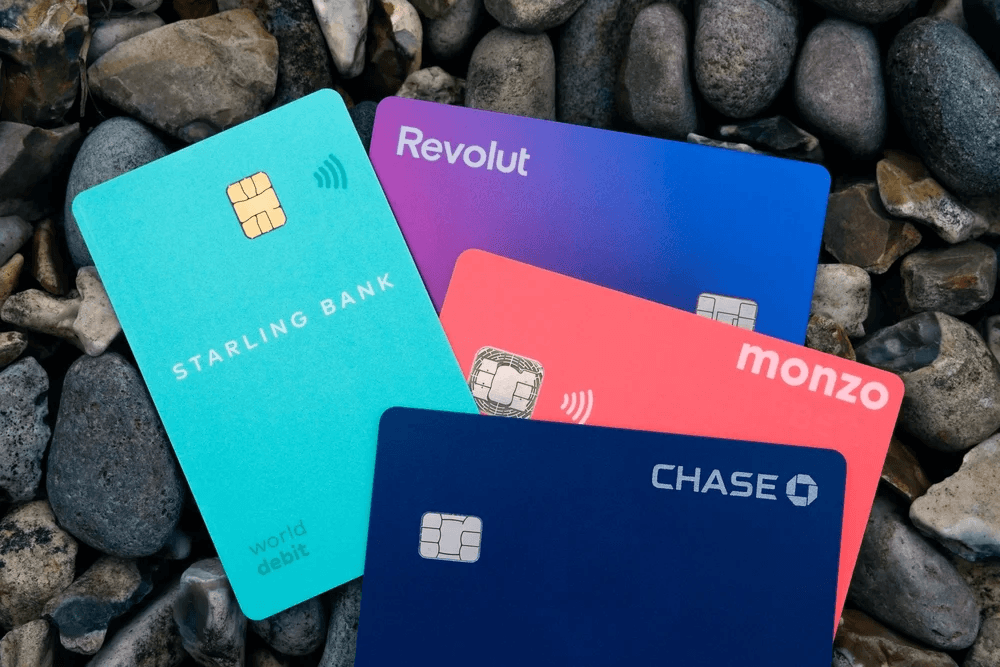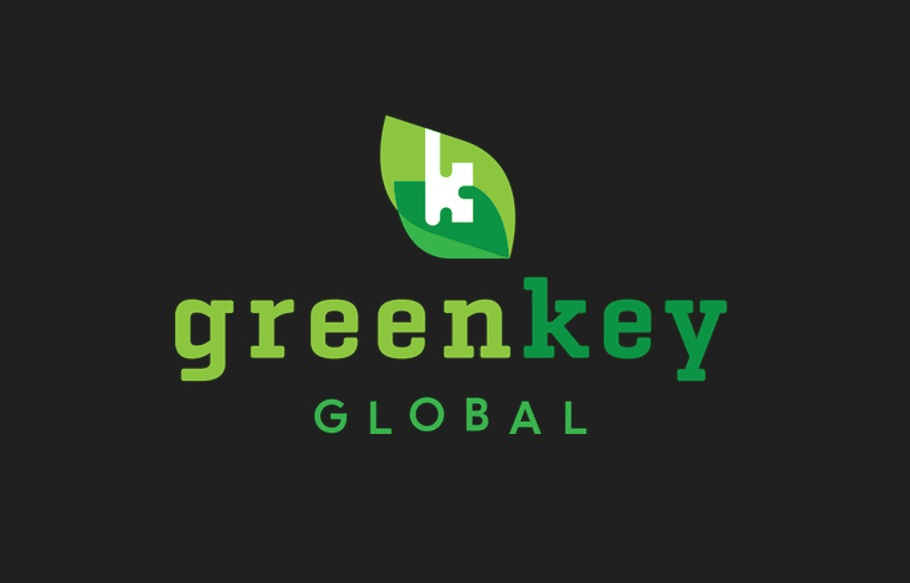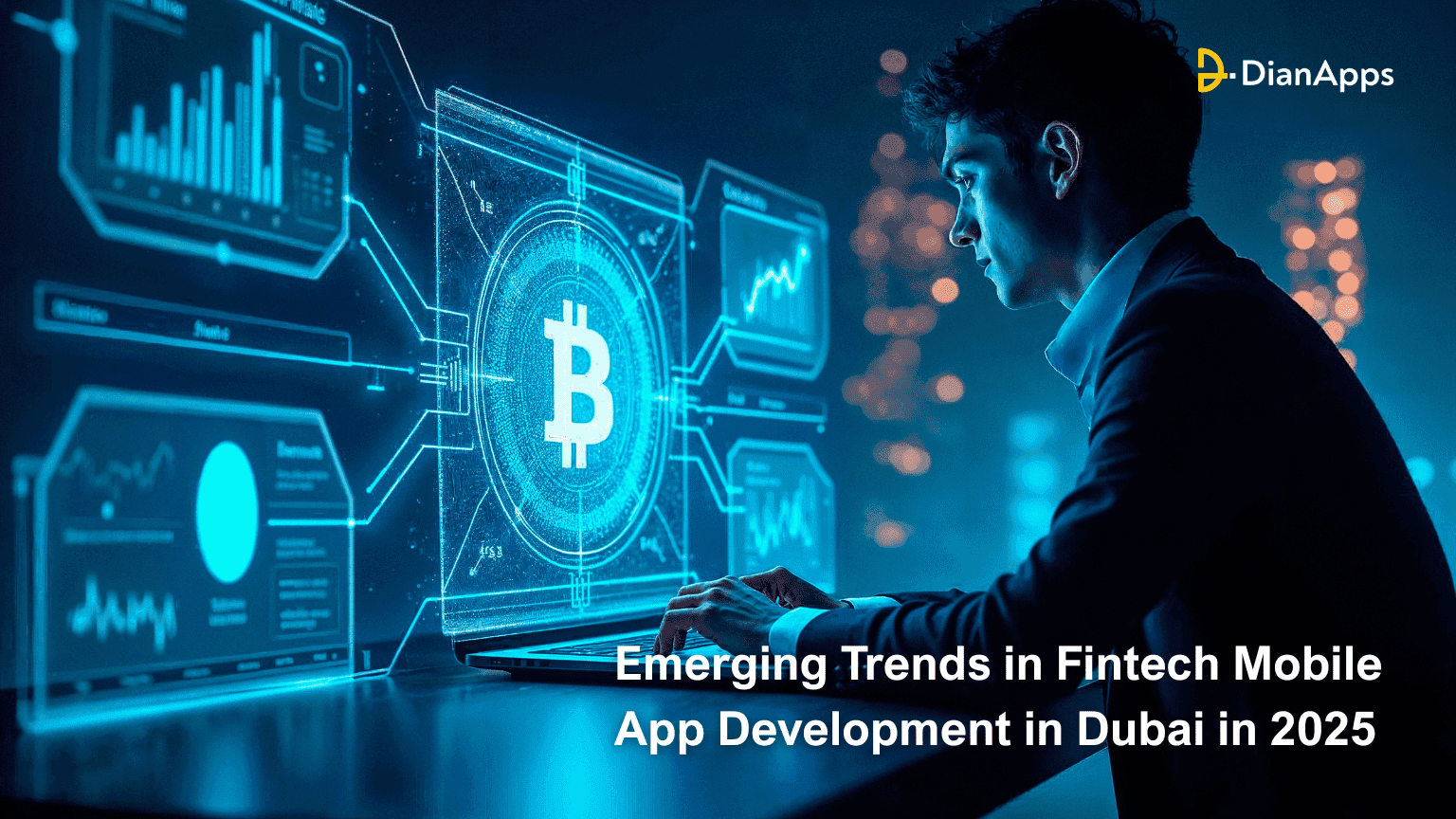“Banking is necessary, banks are not,” declared Bill Gates in 1994.
After a long time, his words speak louder than ever. Fintech is not just considered as a threat to traditional banking, but it’s an opportunity to reinvent it. It has completely transformed how we interact with money. Today, making investments, managing loans have become as simple as just a few taps on their smartphones.
As we move into 2025, the Fintech Industry in Dubai is continuously expanding due to technological advancements while transforming consumer behavior, and the government provides support.
The latest fintech trends, such as AI-driven financial management software, transform traditional financial advice through personalized experiences while integrating these solutions with the digital wallet software.
The future of Fintech in Dubai is not just about change, it’s about building a more innovative and latest financial ecosystem and software. If you are looking to build a similar app, ensure to connect with a leading Fintech Software Development Company like DianApps.
In this blog, we will get deep insights into the latest Fintech Mobile app development trends in Dubai. But let’s first get started with identifying the key statistics shaping the future of the fintech industry.
Fintech Industry – Key Statistics
The fintech investment market is consistently growing and experiencing a digital shift due to cutting-edge technologies transforming the fintech sector.
According to Mordar Intelligence analysts, the UAE Fintech industry will rise from USD 3.56 billion in 2025 to USD 6.43 billion by 2023 at a 12.56% yearly growth rate.
The major focus of the Dubai Fintech market is rapidly moving towards innovative technologies such as AI-driven solutions, smooth digital payments, and blockchain.
Some of the key data pointers shaping the fintech industry are:
- The global market has accounted for more than 30,000+ fintech startups.
- 66% of the world’s population expects a full digitalization of financial institutions.
- Nearly 463 fintech stocks are listed on the Nasdaq.
Recommended Read: Hire Fintech Developers: A Complete Guide for 2025
Emerging Fintech Mobile App Development Trends in 2025
The Dubai government focuses on advancing technologies and promoting digitalization to assist startups and businesses.
Due to its emphasis on digital transformation, most fintech businesses are looking to adopt the latest fintech trends, including AI-powered solutions and digital banking systems.
So, to stay ahead in this competitive market, you are required to understand the key trends that are shaping the delivery of financial services. Let’s look at the key trends shown below:
Next-Generation Digital-Only Banks

Partnerships among Fintech companies and banking institutions have grown across the world, especially in Dubai, promoting the emergence of new financial solutions. Today, digital-only banks have gained major popularity, which is unexpected in this decade.
Due to advanced digitalization, these Digital-only banks ensure to provide their customers a more diverse array of services. There are multiple innovative technologies, such as blockchain and cryptocurrency influencing the digital-only banking Fintech trends for the year 2025.
Enhancements in AI-powered Banking Chatbots
AI-powered chatbots ensure, providing complete 24*7 assistance to the users, reducing costs and enhancing user experiences. Due to all these measures, it is considered the top trend in financial technology.
Some popular banking institutions are setting a benchmark in the financial market, such as Bank of America, HDFC Bank, and Commonwealth Bank of Australia. While developing a chatbot, ensure leveraging machine learning and natural language processing, as these chatbots allow users to get more personalized results and recommendations.
Shortly, AI chatbots will become important financial assistants, detecting transactions, offering customized solutions, and predicting customer needs to mitigate user needs. As more and more people are adopting financial technology, chatbots ensure greater personalization, efficiency, and transparency.
Recommended Read: How to Develop a Fintech App in 2025?
Robo Advisors for Investment
A robo-advisor is an automated financial and investment planning software that delivers automated investment management, digital advice platforms, and an automated investment advisor.
Based on the personalized profile and preferences, this automated software ensures to provide investment strategies that were once reserved for traditional financial advisors.
Embracing Sustainability with Green Fintech Apps
Dubai’s Fintech sector is embracing sustainability with green apps that empower users to make eco-conscious financial decisions. These apps focus on sustainable investments, carbon offsetting, and tracking environmental impact.

One example is Green Key, an app that allows users to invest in environmental projects like reforestation and renewable energy. Another is Sustainably, which helps users invest in green portfolios, promoting ethical financial growth while supporting the planet.
These green fintech innovations are making it easier for Dubai’s residents and businesses to align their financial goals with environmental responsibility.
Contactless payments and Digital Wallets
The COVID-19 pandemic has majorly transformed physical money into digital payments. Today, 88% of Dubai’s population uses contactless payment methods due to its seamless payment facilities.
The team at DianApps ensures to build a secure and user-friendly digital wallet solution, contributing to the city’s transition to a cashless society. Continuous adoption of digital wallets has increased over the past few years. Some of the popular digital wallets are Paytm, Google Pay, and more.
Cross-Border Transactions and Blockchain Integration
Blockchain technology is revolutionizing cross-border transactions in Dubai by offering faster, cheaper, and more secure solutions. Traditional international payments often come with high fees and delays, but blockchain eliminates intermediaries, streamlining the process.
One example is Dubai’s Global Blockchain Council, which has been exploring blockchain solutions for international payments to enhance efficiency. Platforms like Pay Blockchain use smart contracts to execute transactions instantly, reducing costs and increasing transparency for businesses and consumers alike.
With blockchain’s integration, Dubai is positioning itself as a leader in the future of global finance, creating a seamless ecosystem for cross-border transactions.
Cybersecurity as a Pillar of the Fintech Domain
The fintech industry is continuously growing, and the future of the fintech sector sees cybersecurity as a critical pillar of fintech in 2025 and beyond. With rapid technological advancement in the fintech industry, the threat of cybercrime has also grown, making financial companies focus on being more secure. Moreover, upcoming tools are being developed by considering cybersecurity risks to ensure the integrity of financial operations.
Cybersecurity analytics can be used to detect real-time threats detect and mitigate. Moreover, the integration of AI in Fintech trends has further strengthened cybersecurity efforts.
These innovative trends are used to maintain robust security threats and safeguard customer trust, making cybersecurity and key measure of success in this industry.
Recommended Read: Perks of Hiring Fintech Application Developers from Top Companies
Advanced Banking-as-a-Service (BaaS) Ecosystems
Dubai’s Fintech landscape is rapidly evolving with the rise of Banking-as-a-Service (BaaS) ecosystems, enabling businesses to offer banking services without the need for a traditional banking license.
These platforms allow companies to integrate financial products like payments, lending, and account management into their own apps, streamlining services for customers.
An example of BaaS in Dubai is YAP, a digital banking platform offering a full range of financial services through an API-driven model.
By leveraging BaaS, startups and established companies alike can quickly launch tailored financial products without the complexities of setting up a traditional bank infrastructure, making banking services more accessible and cost-effective.
Quantum Computing for Financial Modeling
Quantum computing is making waves in Dubai’s financial sector by enabling more advanced financial modeling and analysis.
The algorithms can process vast amounts of data at speeds that traditional computers cannot match, leading to more accurate predictions and insights in areas like risk management, portfolio optimization, and asset pricing.
Dubai International Financial Centre (DIFC) is exploring quantum computing applications through collaborations with tech firms to improve financial services.
For example, quantum models could revolutionize how financial institutions predict market movements and make investment decisions, offering a significant edge in today’s fast-paced markets.
Both innovations—BaaS and quantum computing—are helping Dubai solidify its position as a global leader in the intersection of finance and technology.
DeFi 2.0: Institutional Integration
DeFi 2.0 is revolutionizing the financial landscape by enabling institutional players to engage with decentralized finance (DeFi) platforms in a more secure and scalable manner.
In Dubai, major financial institutions are beginning to explore DeFi for providing liquidity, lending, and asset management services, moving beyond the initial phase of decentralized exchanges.
A key example is ADGM’s (Abu Dhabi Global Market) support for DeFi projects, where financial institutions are integrating DeFi solutions within their operations, enhancing efficiency, and reducing costs.
This institutional adoption is creating new opportunities for both retail and corporate investors in Dubai’s evolving DeFi ecosystem.
Digital Asset Tokenization
converting real-world assets like real estate, commodities, and artwork into digital tokens. Dubai is at the forefront, offering platforms that allow fractional ownership of high-value assets, making them more accessible to a broader range of investors.
For example, Dubai-based startups like Smart Dubai are using tokenization to represent real estate and commodities on blockchain networks, allowing secure, transparent, and efficient transactions.
Tokenization is driving the growth of Dubai as a global hub for digital asset trading, unlocking liquidity, and expanding investment opportunities.
Biometric Payment Innovations
Biometric payment systems are reshaping the way consumers make payments in Dubai, enhancing both security and convenience.
By leveraging unique personal identifiers like fingerprints, facial recognition, and iris scans, biometric systems ensure that transactions are authenticated quickly and securely without the need for passwords or cards.
Emirates NBD has pioneered the use of facial recognition for banking transactions, allowing customers to make payments by simply scanning their faces. This innovation not only improves user experience but also significantly reduces fraud, positioning Dubai as a leader in biometric payment technology.
Final Words
Dubai’s fintech app development industry is experiencing a significant rise in the industry, and DianApps is leading the charge as the best mobile app development company in Dubai. From sustainable fintech app solutions to blockchain technologies, our innovative trends and solutions are advancing Dubai’s financial sector into the future.
Innovative fintech trends are rapidly redefining the way businesses and individuals engage with financial services. As the trends in the Fintech industry evolve, it promises to make financial systems more efficient, secure, and accessible, transforming the way consumers and businesses engage with financial services and money globally.
As Dubai is leading ahead in its pursuit of technological advancement, DianApps is not just a player but a FinTech app solutions provider with expertise in leveraging all the latest trends, driving the narrative of fintech’s future in this dynamic landscape.










Leave a Comment
Your email address will not be published. Required fields are marked *